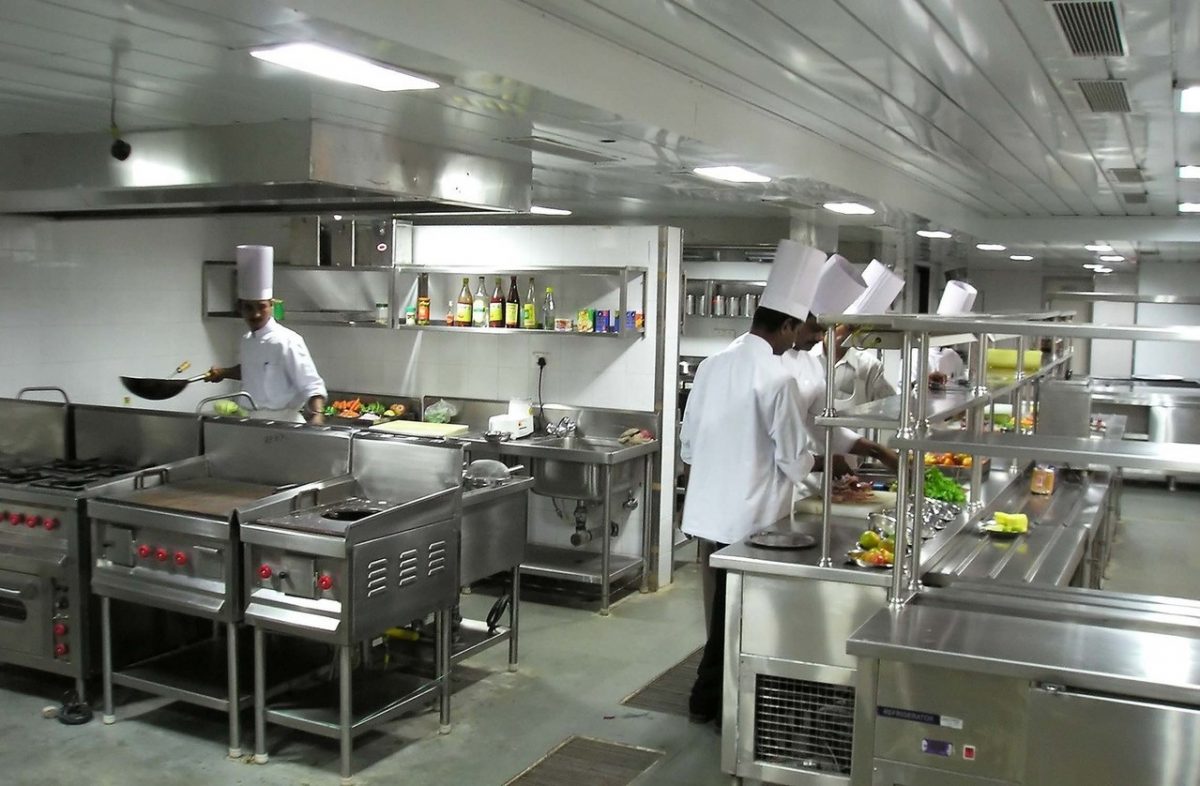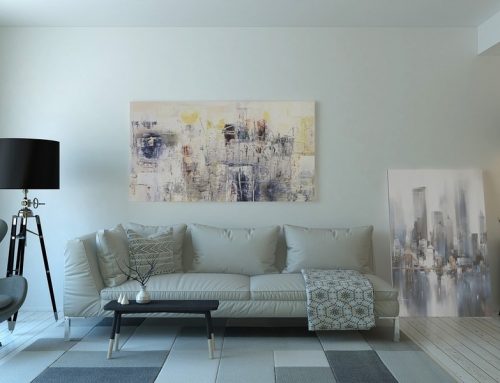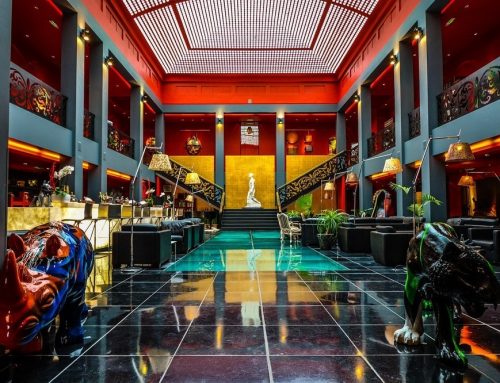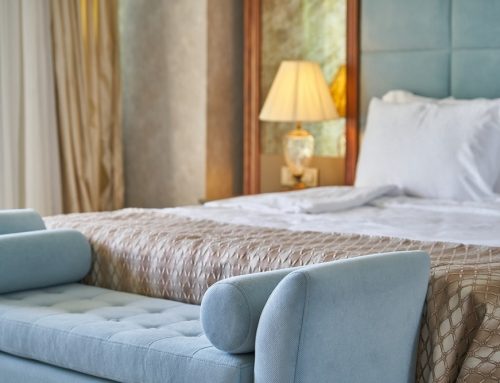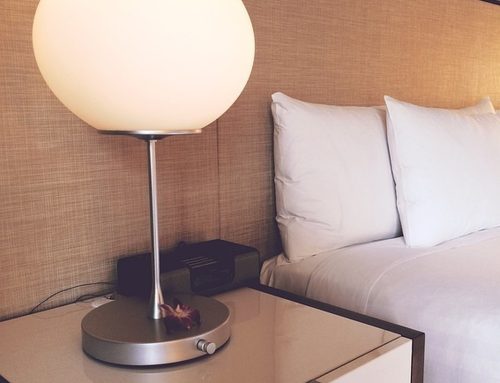You will undoubtedly agree with me that starting a hotel or restaurant business is not a walk in the park. There are lots of prerequisites involved. The most crucial consideration will be designing an efficient kitchen, and that’s what this article is all about. With a functional and practical kitchen, your employees will be a happy lot, and so will be your customers.
Size and Configuration
The first question to ask is, what size should your kitchen be? Your kitchen should be of the same size as your restaurant. This ensures you have enough space to hold all the necessary equipment. Size also affects ergonomics. You want your employees to have enough space to move around without accidents. Another critical aspect here is ventilation. Make sure you have enough ventilation and fans.
Above all, you will have to consider any of the four kitchen configurations. We have the ergonomic kitchen configuration, zone style, island-style, and assembly line. Find out which will suit your needs.
Restaurant Kitchen Equipment
When designing your kitchen, it’s essential to list all the equipment you will need and have a clear layout. This will depend on what you will be serving. Some of the vital equipment will include refrigerators, chillers, a cooking range, coffee makers, and so on. When planning the layout, it’s important to have similar appliances on one end to enhance efficiency. Let the cooling appliances be on one end, and cooking appliances on the other.
Fittings are also an integral part of the kitchen. You will need cabinets, drawers, and shelves to store dishes and other utensils. Here, it would be best if you were very careful to save on space. Buy from van racking and shelving solutions to keep everything compact and practical.
And it’s not just about the equipment, check the efficiency of each appliance you are purchasing. Look for energy efficiency labels to cut on energy costs. It’s also worthy to consider the safety standards of these appliances, as well as utensils.
Seek Professional Advice
In as much as you may have that entrepreneurial spirit or a background in the hospitality industry, it’s essential to seek professional advice. For example, when designing the kitchen, at least consult interior designers, professional plumbers, HVAC professionals, and others to make the right decisions. But then, practice due diligence and do your research before engaging any service provider. When it comes to the menu, it’s your chefs who should be in charge unless you are a chef too.
There you have it folks; tips on how to set up that perfect restaurant or hotel kitchen. This is fundamental if you want to run a successful hotel business.

